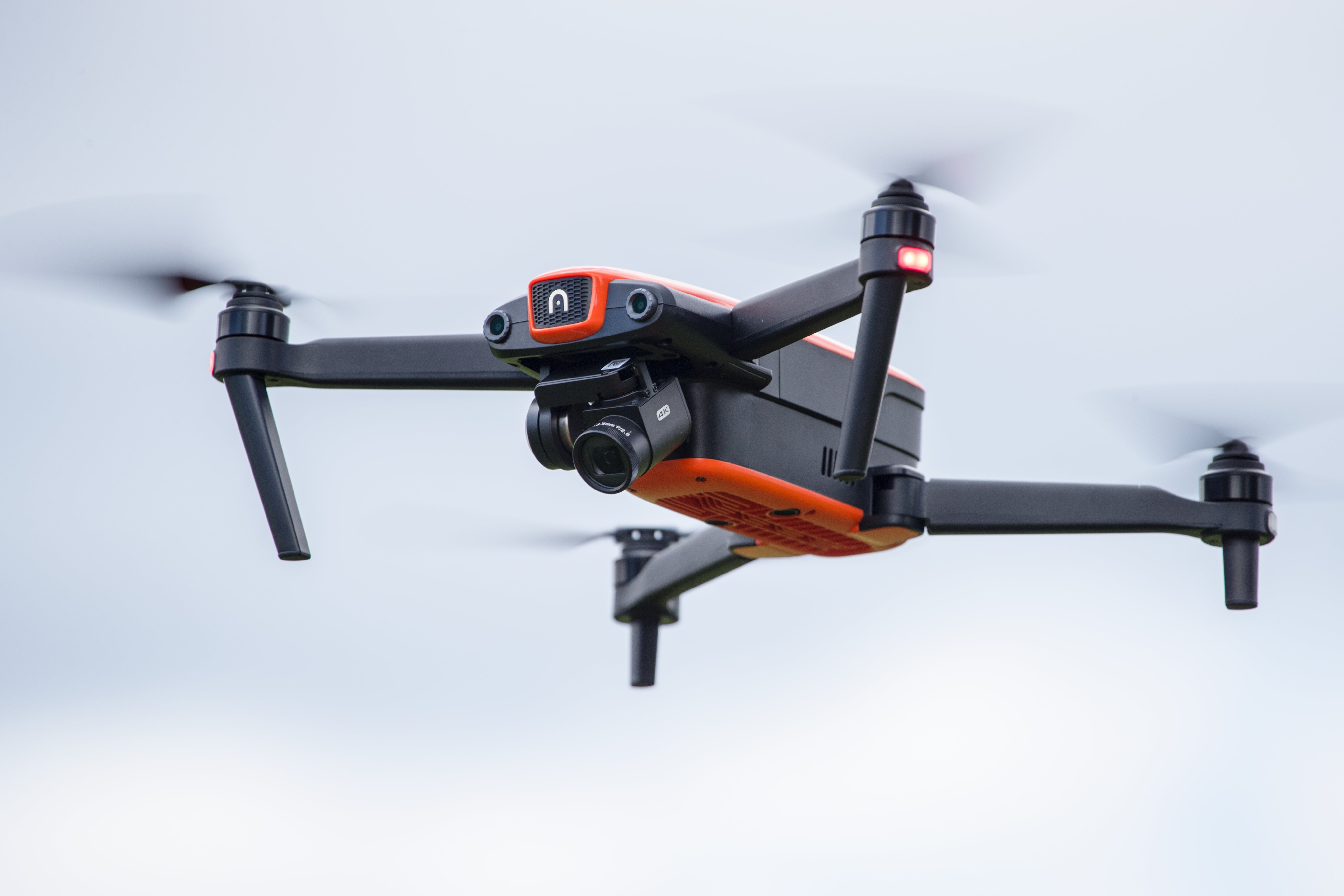In Europe, the situation has changed a bit in this area. Laws have been passed to avoid some excessive waste.
And the fines could be hefty for companies that don't play the game.
A summary of what is happening with us or what will happen.
It is high time to give a good sweep to all these companies which think only profit. (and really think we are plucked pigeons.)
Spare parts and repairs: an obligation in Europe?
April 15, 2021
To achieve the objectives stated in its green pact, Europe has taken measures to promote the circular economy: new energy labeling, eco-design standards, right to repair, availability of spare parts, etc. France is it is the first European country to impose a repairability index on 5 electronic devices and household appliances since 2021. More information in this article.
Household and electrical appliances: new rules in Europe
In March 2020, the European Commission published its action plan for a
circular economy with, in particular, great ambitions for
the lifespan of products . In order to reduce waste and encourage consumers to buy green, the plan contemplates
lifespan labeling , service
manuals , an
EU-wide reparability index and a
right to repair , including availability. spare parts and access to repair.
On November 25, 2020, the European Parliament voted in favor of a “right to reparation” in order to make reparations systematic, cost-effective and attractive.
For this,
spare parts for products must be available within a reasonable time and at an attractive price. This is the meaning of the
regulations on eco-design which set
minimum requirements for energy efficiency and even repairability and recyclability for certain products placed on the EU market (dishwashers, washing machines, etc.) and which
impose new rules on manufacturers since March 1, 2021 :
- spare parts for refrigeration devices (refrigerator, freezer, wine cellar, etc.) must be available for a minimum of 7 years after purchase,
- They must be available for 10 years for washing machines, dryers and dishwashers .
- Manufacturers must ensure delivery of spare parts within 15 days.
- They must provide consumers with a list of spare parts available on the Internet.
- They have the obligation to clearly explain through documentation, the faults likely to occur, how to carry out the repairs and their cost.
- They must ensure that the parts of the device can be replaced with conventional tools.
More information
The new ecodesign measures: explanations (europa.eu
In France, obligation to inform and not to provide spare parts
Despite the actions taken by France to fight against planned obsolescence, there is currently
no obligation to provide spare parts but only to inform about the period or date of availability of spare parts .
In practice, it is the manufacturer or the importer who informs the seller who himself must inform you of the availability of spare parts.
This obligation applies only to in-store purchases , and not to online purchases for example (even if the seller is free to make the availability of spare parts a commercial argument and to indicate this on his site).
There is also no obligation to inform
about the non-availability of spare parts.
Changes from 2022
- The seller will be required to inform the consumer on the availability but also on the non-availability of spare parts . If no information is given, spare parts are assumed to be unavailable.
- The manufacturer or the importer will have 15 days (and not 2 months) to supply the spare parts.
- For certain electronic and electrical products, spare parts must be available at least 5 years from their placing on the market.
- In the event of repair of certain electronic and electrical products, second-hand spare parts may be used.
- Any technique , including through software, which makes it impossible to repair or recondition a device by a repairer other than the one approved by the brand will be prohibited .
- Any practice which limits the access of a repairer to spare parts, instructions for use, technical information or any other tool, equipment or software allowing the repair of the product will be prohibited .
France, 1st European country to impose a repairability index
As an incentive to buy more durable goods and manufacturers to design products more repairable, France forces since 1 st January 2021(Law n ° 2020-105 of February 10, 2020 relating to the fight against waste and the circular economy) display of a
repairability index on
5 household and electronic products :
- window washing machine,
- smartphone,
- laptop,
- TV
- electric lawn mower.
This index informs you about the
ability to repair the affected
product . Whether you buy these products
in a store in France or on the Internet, on a French or foreign site if it is aimed at French consumers, you should now see the
repairability index displayed on the product or its packaging and on the place of sale or next to the price for online sale.
Concretely, it is a
colored uniform pictogram with a
score from 1 to 10 : 1 your device is not very repairable, 10 it can be easily repaired. The index is established according to a
calculation grid defined by the Ministry of Ecological Transition : duration of availability of spare parts, delivery time of spare parts, their price in relation to the selling price of the product, ease of dismantling etc.
Good to know : it is the manufacturer, the importer, the distributor who assigns this note and communicates it to the seller, who must display it. Checks must therefore be carried out by the DGCCRF to verify the veracity of the self-assigned score.
The repairability index should soon be extended to other product categories and from 2024, it will evolve towards
a durability index incorporating new criteria such as robustness or product reliability.
Measures to encourage reparations in European countries
Several European countries are currently considering this issue of circular economy and spare parts.






